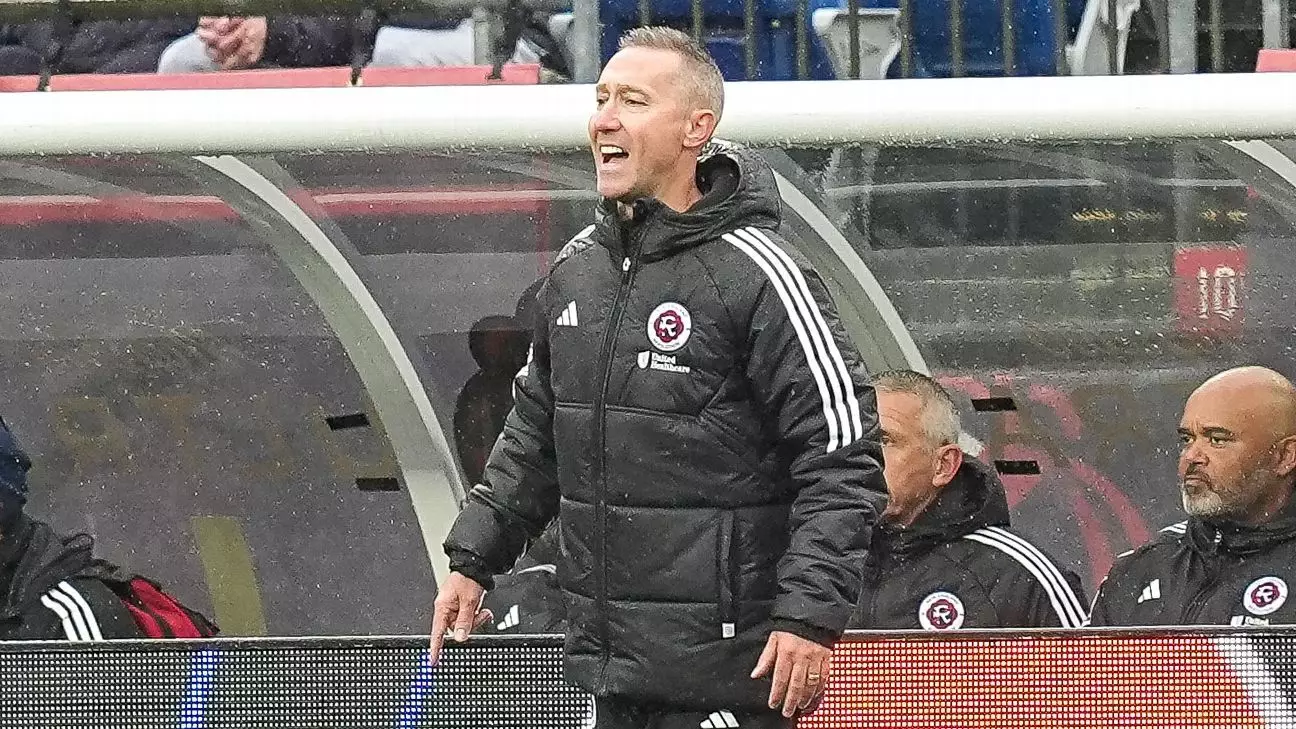New England Revolution coach Caleb Porter recently faced a fine by Major League Soccer for his critical remarks towards the replacement officials who managed his team’s games during the lockout of unionized referees and assistants. The amount of the fine was not disclosed by MLS, but the incident sheds light on the challenges faced by teams and their coaches when dealing with officiating discrepancies.
The New England Revolution currently holds the worst record in the 29-team league, with four losses and one draw. Porter, a 49-year-old who was hired in December, expressed his frustration after a 1-1 tie against Chicago. He specifically mentioned referee Kyle Johnston’s decision to give Carles Gil a yellow card for diving in stoppage time, which he believed was unjust. Porter’s criticism of the lack of major calls in their favor and the numerous decisions going against his team highlighted the impact of poor officiating on game outcomes.
The 37-day lockout of regular MLS officials led to the utilization of replacement officials for the first 69 games of the season. This change raised concerns among coaches and players, as demonstrated by Porter’s strong remarks about the referee’s decisions. The absence of experienced officials and the reliance on temporary replacements created a challenging environment for teams, leading to disputes and dissatisfaction with the officiating quality.
Despite receiving instructions not to comment on the replacement officials, Porter’s determination to speak out against what he perceived as unfair calls resulted in the fine imposed by MLS. Porter emphasized the need to protect his team and address the issues surrounding officiating standards. The MLS competition manual outlines the consequences of “public criticism” deemed detrimental to the league’s image, prompting the commissioner to take disciplinary action.
This incident involving Porter is not an isolated case, as demonstrated by LAFC coach Steve Cherundolo’s $10,000 fine for his complaints about a game played under unfavorable weather conditions. The pattern of fines for criticizing officiating decisions reflects the league’s commitment to upholding standards of conduct and professionalism among its members.
The repercussions of criticizing soccer officials in Major League Soccer extend beyond financial penalties, highlighting the importance of maintaining respect for officiating decisions while advocating for improved standards. Porter’s experience serves as a cautionary tale for coaches and players navigating the complexities of competitive sports and the impact of external factors on game outcomes. As MLS continues to evolve, addressing issues related to officiating and ensuring fairness in the game remain key priorities for the league and its stakeholders.
